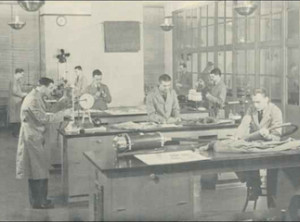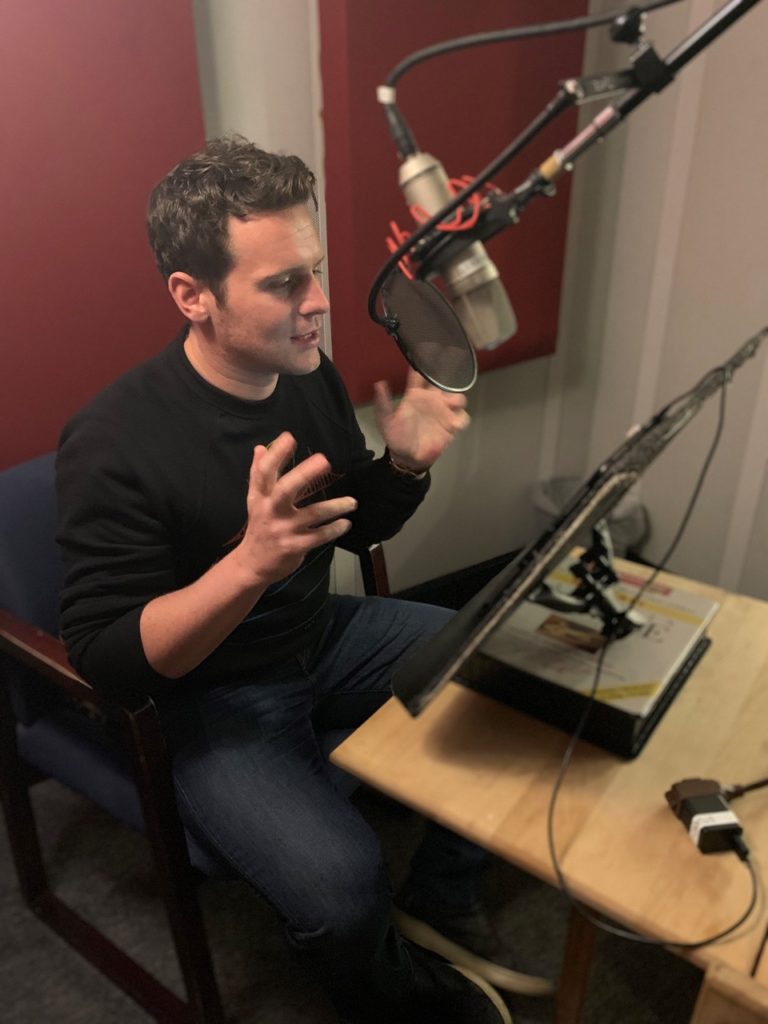Recently, the Justice Department’s Office of Inspector General issued a 146-page report detailing years of bad forensic work and unreliable results by the much-vaunted FBI Laboratory. Included in the enumeration were three cases that resulted in execution based on FBI Lab-presented evidence. About 60 other death row cases are now in limbo.
“Failures of this nature undermine the integrity of the United States’ system of justice and the public’s confidence in our system,” the report stated. Astoundingly, the Inspector General recommended notifying 2,900 defendants whose cases were reviewed by the investigative task force!
A few days later, a District of Columbia Superior Court judge vacated the conviction of a man who had spent twenty-six years in prison for a murder conviction based on an erroneous analysis of a hair sample by the FBI Lab. The U.S. Attorney’s office has undertaken an extensive review of all local convictions tied to FBI hair matches.
So what can, and should, be done to address this shocking and unacceptable situation?
We say: Establish an independent national forensic laboratory.
The FBI and the various state police labs have traditionally done very good work, despite the current scandal and other qualitative criticism that goes back to the 1990s. But it is quite possible for an investigator working a case to convey subtly or not so subtly to someone in the lab that this particular piece of evidence is critical, or that the jury has to be able to understand a certain forensic finding in unequivocal terms. This can occur consciously or subconsciously. The simple fact is, forensic labs associated with a law enforcement agency cannot guarantee objective work. And even if they could, the specter of doubt and bias would still hang over them.
It makes much more sense, in our view, for the government to fully fund an independent national forensic lab that processes material without regard to how it is to be presented in court, and that is available to prosecution and defense. If a jury knows that the same entity is “working” for both sides, its members can have far greater confidence in the veracity of evidence, and that both sides are getting the same level of quality.
This not only has the benefit of removing any intimations or concerns about bias or prejudice, it also levels the playing field between prosecution and defense. We have seen too many trials that resulted in an erroneous conviction because the defense could not afford the services of a private lab and did not have access to the same resources as the government.
The criteria for hiring in this national lab should have nothing to do with law enforcement experience or being a sworn special agent. It should only be excellence in one’s scientific field. It would be best if the scientists and technicians did not even know which side had requested the analysis, though in actual practice this would be difficult to maintain. Instead, there should be an equally independent oversight committee that regularly tests the standards of practice – not as a threat that shoddy work is suspected and that heads might roll, but as a matter of course and routine to assure integrity and the public’s confidence.
But if this lab were funded by the government – say, a line item in the Justice Department’s overall budget – wouldn’t that inherently stack the deck toward the prosecution and away from the defense? No; not any more than having our judicial system paid for by the government means that defendants cannot get a fair trial. If it is instilled in the culture of the organization that it is independent, it should remain so.
Our aim with this suggestion is not to have fewer convictions. Indeed, we think there could be more of them as forensic testimony becomes more reliable to juries. But as the various technical disciplines advance and as a greater number of cases hinge on scientific evidence, we believe that an independent national forensic laboratory is an idea whose time already has arrived.




























I concur, gentlemen, I concur.
It is scary that so many cases were mishandled.
Excellent article. This is a big problem around the world where the main customer of crime labs is the police and prosecution. It is just human nature that there will be bias. There is pressure, spoken or unspoken, to support the investigator’s crime theory.
We have to get the right people behind bars and leave the innocent out.